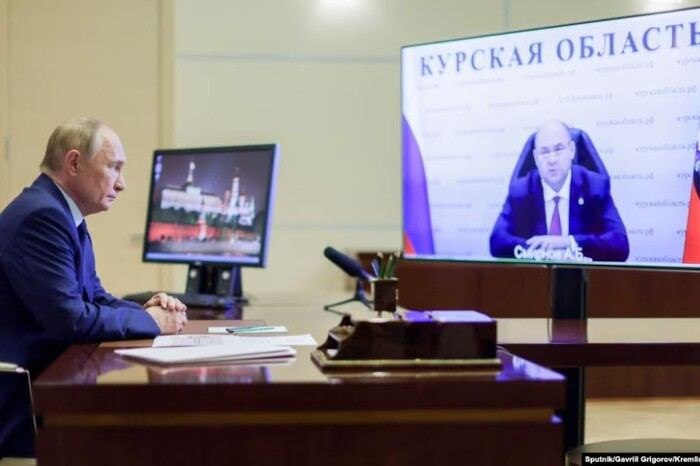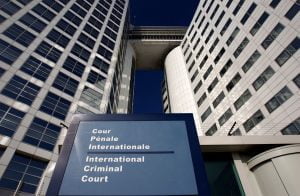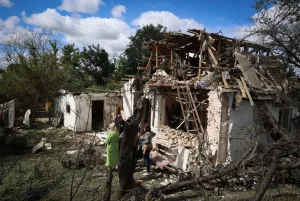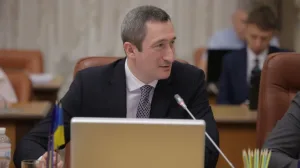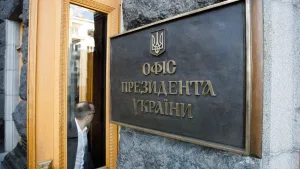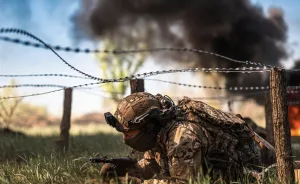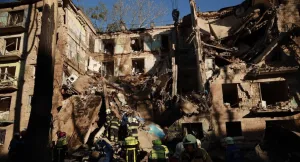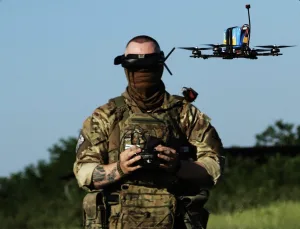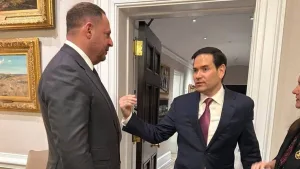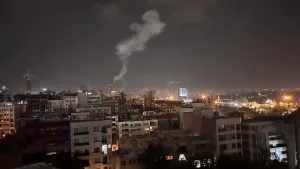Almost everyone is closely following the course of the special operation in the Kursk region—how much territory is controlled by the Ukrainian Armed Forces, which settlements are involved, and the potential directions of further strikes. But what is happening on the diplomatic front in connection with Kursk is no less important.
And here we have a very telling reaction.
China, as usual, waited almost a week, giving the waning empire a chance to somehow rectify the embarrassing situation for the Kremlin. Having waited in vain, China then reiterated its theoretical peacekeeping principles—calls for negotiations, avoiding provocations, and so on. Nothing substantial.
North Korea and Iran remained silent, as if nothing had happened. Russia’s closest allies do not believe that Russia needs public support or that Ukraine should be criticized. In other words, you got yourself into this mess, now get yourself out of it. This contrasts with Russia itself, which is desperately appealing to the UN.
Even more interesting is the reaction of countries dependent on Russia, particularly members of the CSTO (Collective Security Treaty Organization). Lukashenko, as usual, is spouting nonsense about alleged attacks by Ukrainian drones, moving armored vehicles to and from the border, creating the impression that he would help the Union State if he weren’t busy repelling a massive NATO invasion.
Other CSTO countries either conspicuously did not respond, or, like Armenia, hinted that since no help was provided against Azerbaijan, they are not obligated to do so either. Kazakhstan, which is now getting closer not only to China but also to the United States, was even more explicit: the plan to attack Ukraine wasn’t coordinated with us, so why should we deal with the consequences?
Astana’s statement regarding the Kursk operation can be seen as an epitaph to the CSTO, on which Moscow has spent considerable time and resources trying to build.
Official Washington is pretending that nothing out of the ordinary has happened—Ukraine is exercising its international right to defend itself from aggression. Meanwhile, Ukraine’s supporters in the Senate and Congress are applauding us with enthusiasm.
At the same time, the position of the United Kingdom is surprising. They have yet to give us permission to use long-range Storm Shadow missiles in the Kursk region, even though they would be very useful. Especially considering the official release of photos of Ukrainian F-16s armed with American AIM-120 missiles. The range of these air-to-air missiles is nearly 200 km, and they do not fly by coordinates but by radio signal, meaning these missiles do not recognize national borders.
So, the United States doesn’t mind, but Britain—about which there are rumors that its experts may have helped plan the Kursk operation—has not given its permission. This is strange and suggests that the situation is still unfolding and that a second act of this drama may be entirely possible.
“Realpolitik” is pragmatic and cynical. In it, if you start breaking the rules, you must quickly and convincingly finish in your favor. And if your gamble comes back to haunt you at home, you automatically become a loser—with all the consequences that entails.

